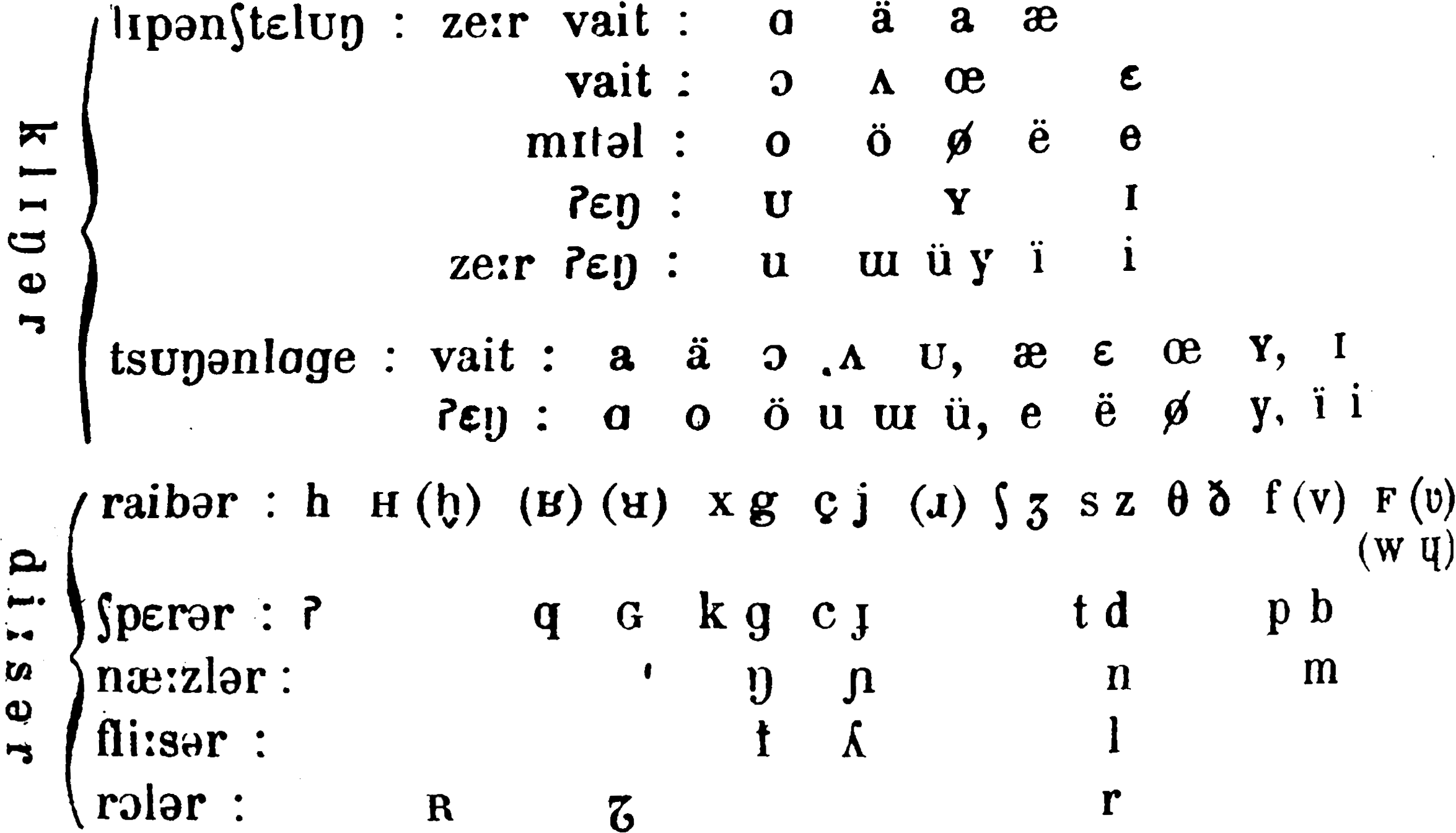

Afaik, the correct one should be the 'Deutsches Reich 1934' listed here. More specifically, the three additional letters of its alphabet make it quite. It's important to develop bilingual dictionary skills that will last a lifetime. Like Doppelgänger76 mentioned here, it would be nice if the German spelling alphabet was used in the game. One interesting characteristic that the German language has is its letters. They compared Gutenberg's press with how a modern magazine is printed.Īs you start to read simple books in German, you'll come across unfamiliar words that you need to look up. One class looked at Stephen Fry building a replica of Gutenberg's press: what did he have to do to print one page? You will hear the Alphabet Song, and see a German class play 'Hangman' and practice when to use the letter 'ß'.- 'eszet' You will hear some German children spell their names. That is the alphabet you hear in military jargon, such as (in English) 'Alfa Bravo Charlie' for ABC. Children might start by learning to spell their own name. You will see and hear the alphabet in German, including the extra letter - 'ß' - 'eszet'. and looks at German spelling: when do you use 'ss' and when do you write the special letter, 'ß'? In the noun-spelling German games, you will have to choose the article after you have filled in the letters of the word. The German language use three definite articles (der - masculine, die - feminine, das - neuter). Sophie and other children spell their names. This German word spelling section currently offers three games for spelling German words - colors, animals and vocabulary. See the rule about using ss or with infinitive.

Exception Examples: Verb participles whose infinitive form have a sharp -s.
#GERMAN SPELLING ALPHABET HOW TO#
Gutenberg and the Invention of PrintingĪnimated letters do circus acrobatics to introduce their names in German. German Factfile 2 the German alphabet Learn with television Deutsch Plus: Programmes 2 and 6 Nico Antonescu is Romanian, and Germans aren’t sure how to spell his name. Always before the letter p: die Knospe (a bud), lispeln (to lisp), die Wespe (wasp), das Gespenst (ghost) Usually before the letter t: der Ast (branch), der Mist (dung), kosten (to cost), meistens (mostly).


 0 kommentar(er)
0 kommentar(er)
